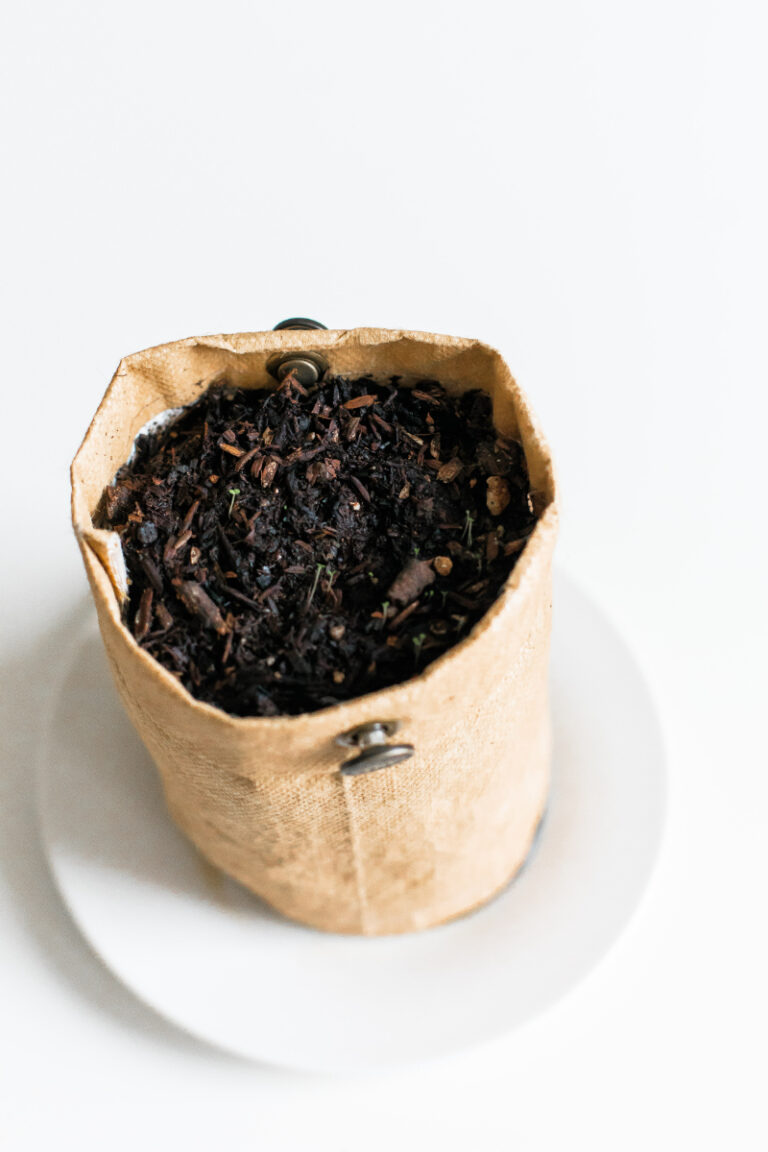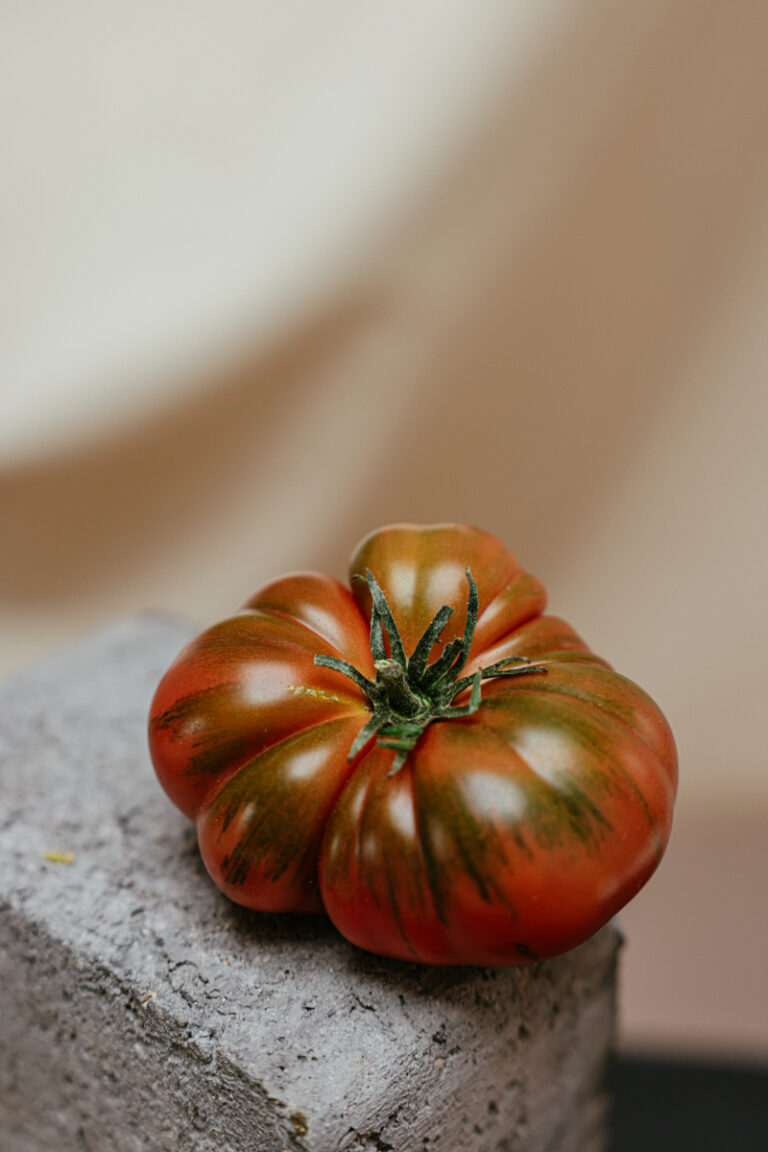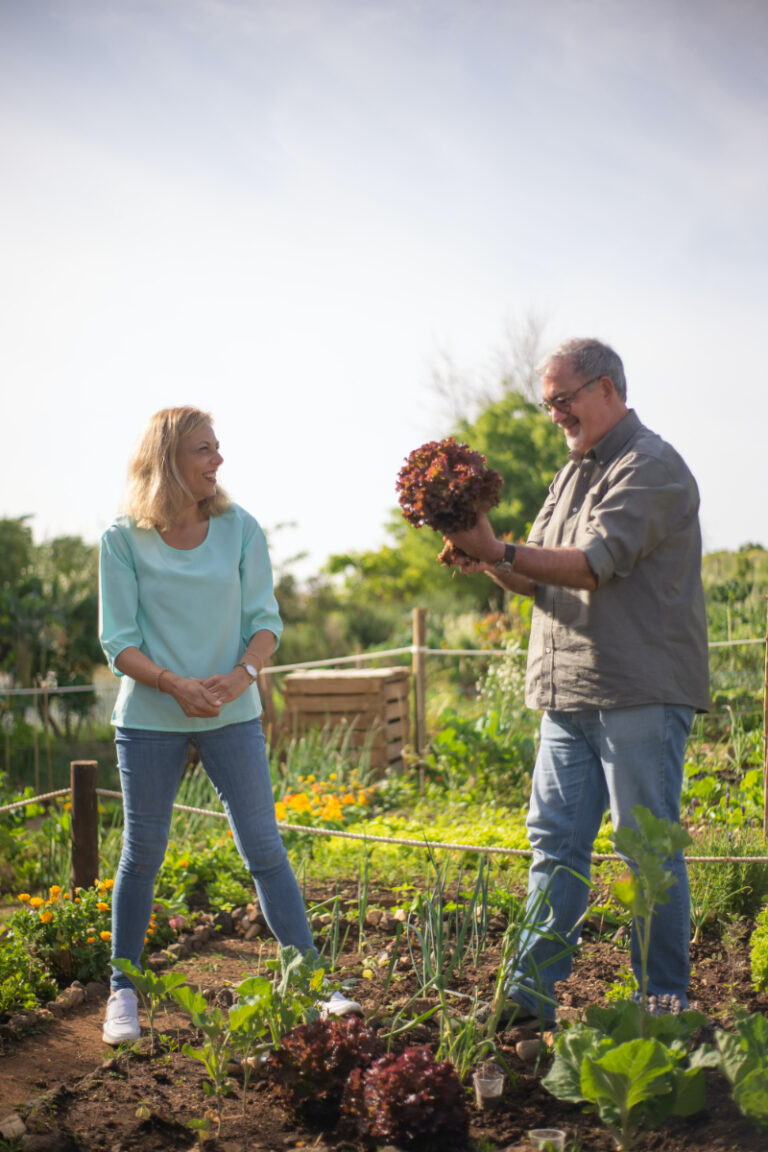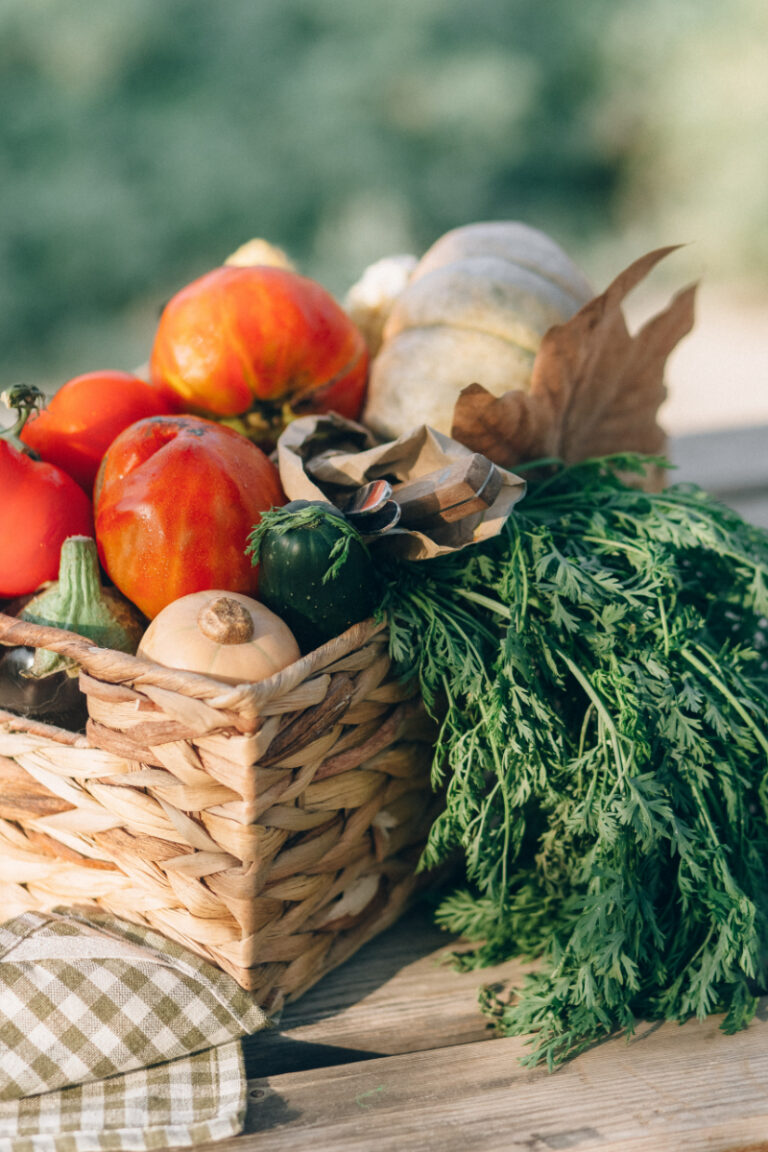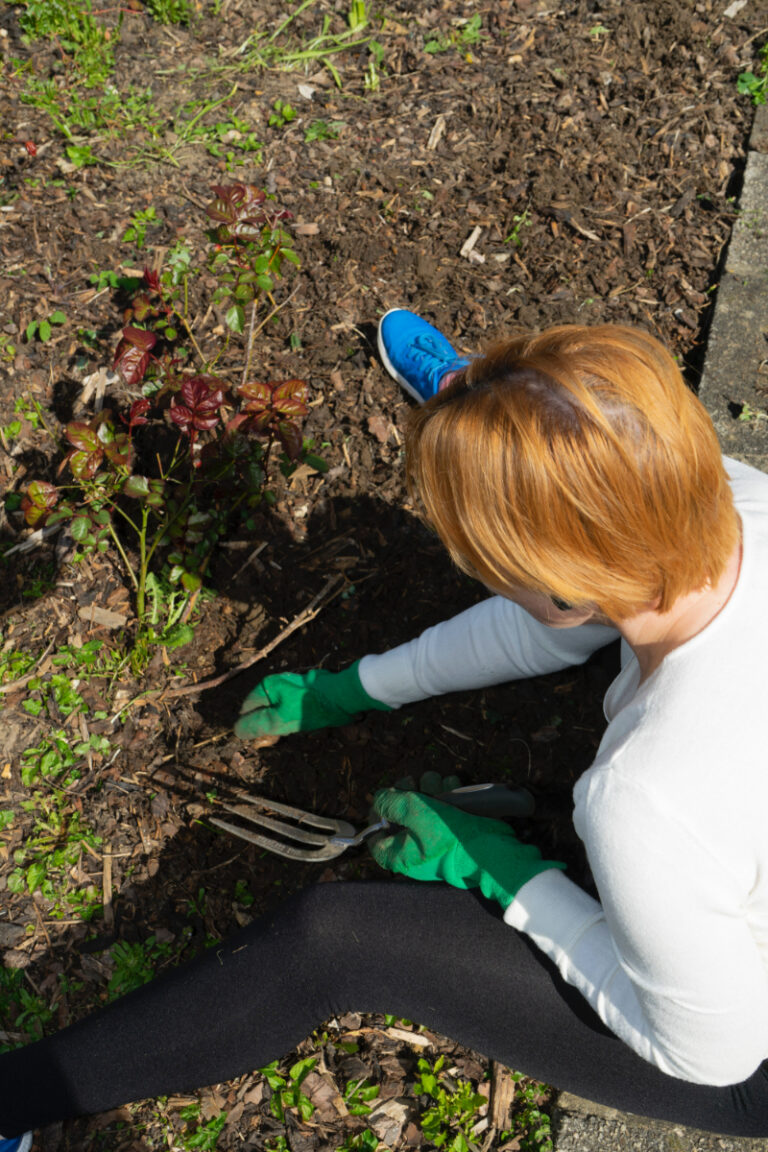How to Start Your Own Organic Garden
If you’re passionate about sustainability and conscious of your health, you might consider starting an organic garden. Organic gardening is a perfect way to get fresh, nutritious food and reduce your carbon footprint while enjoying a fun and engaging activity!
How to Start Your Own Organic Garden
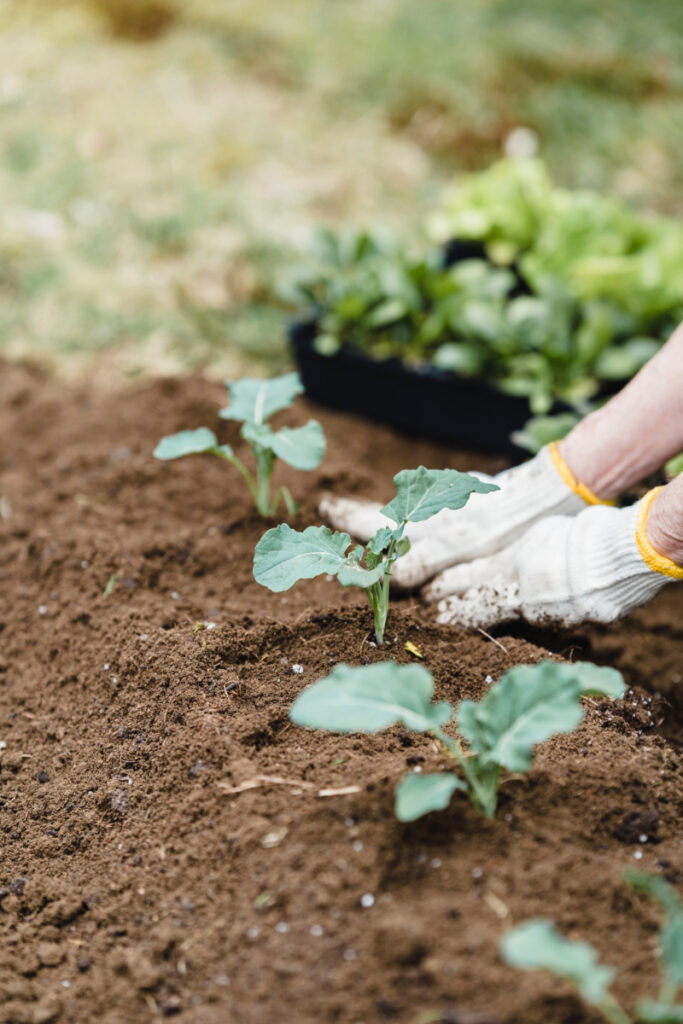
What is An Organic Garden?
Organic gardening is a type of gardening process that seeks to use natural methods for cultivating crops such as fruits and vegetables. This means shunning the use of synthetic chemicals, fertilizers, and pesticides which are known to harm the environment.
Organic gardeners instead rely on natural solutions like composting, crop rotation, companion planting, and other eco-friendly practices.
Why Should I Start an Organic Garden?
Organic gardening is not only healthier for the environment but can also be great for your health and well-being!
Eating organic produce not only means fewer harmful chemicals in your diet, but it also often has higher vitamin and mineral content than conventionally-grown produce.
Additionally, there are psychological benefits to gardening, like increased happiness and improved concentration.
Starting Your Organic Garden
1. Planning Your Garden
The first step is to plan your organic garden properly. Here are some essential things to consider:
- Assess your space and sunlight availability: Determine how much space you have and the amount of sunlight your garden gets. Choose the plants that will thrive in this environment.
- Choose which plants suit your region and climate: It’s important to select the plants that can grow in your area and climate. Choosing the right plants will help ensure a bountiful garden.
- Create a garden layout and plan crop rotation: Plan your garden layout and make sure to rotate crops to prevent soil-borne diseases and pests.
- Invest in high-quality organic gardening tools and equipment: Having the right tools and equipment can make gardening easier and more enjoyable. Invest in high-quality gardening tools and equipment for a better experience.
2. Soil Preparation and Composting
Healthy soil is the foundation of a thriving organic garden. Here’s what you need to do:
- Test and amend your soil for optimum nutrients and pH balance: Test your soil to know its nutrient levels and pH balance. This will help you determine what soil amendments are needed.
- Create a composting system to recycle organic waste: Composting is a natural way to enrich your soil with nutrients while reducing waste. You can build your composting system or buy a ready-made one.
- Incorporate organic matter for improved soil structure: Use organic material like compost, leaves, and grass clippings to enrich your soil structure.
- Learn about organic fertilizers for additional nutrient needs: Organic fertilizers are derived from organic materials and help add nutrients to your soil.
3. Selecting and Sourcing Organic Seeds or Seedlings
Choosing the right seeds or seedlings is essential for a successful organic garden. Here’s what you need to know:
- Understand the importance of certified organic seeds and seedlings: Certified organic seeds and seedlings are free from genetic modification, pesticides, and chemical fertilizers.
- Learn to read seed packets and labels: Seed packets and labels provide essential information about the plant’s care, growth, and nutrient needs.
- Discover trustworthy sources for purchasing organic seeds: Look for reputable sources of organic seeds that sell high-quality and authentic seeds.
- Start your seeds indoors or plant seedlings at the right time of the season: Plant them at the right time or indoors to give them a head start.
4. Choosing Organic Pest Control Methods
Pests and diseases can be a nuisance to organic gardening. Here are some tips to control pests organically:
- Explore chemical-free options like beneficial insects, traps, and barriers: Encourage beneficial insects like ladybugs and praying mantises to your garden to deter pests.
- Use companion planting to deter pests: Companion planting involves planting crops that deter pests, like planting marigolds around tomatoes to keep pests away.
- Create a biodiversity-friendly garden to encourage natural pest control: Promote plant diversity to welcome a more diverse range of beneficial insects to your garden.
- Learn about organic pesticides for stubborn infestations: Use organic pesticides only as a last resort to control persistent infestations.
5. Watering and Irrigation in Organic Gardening
Proper watering and irrigation are essential for plant growth. Follow these tips for watering your garden organically:
- Determine your garden’s water requirements: Water your garden according to the plant’s needs and the weather conditions.
- Utilize rainwater collection and drip irrigation systems: Collect rainwater and use it for watering your garden. Drip irrigation systems are an efficient way to water your plants.
- Learn the best times to water and how to conserve water: Water your plants early in the morning or late in the evening and avoid watering during the hottest part of the day to reduce water loss.
6. Maintaining and Nurturing Your Organic Garden
Maintaining your organic garden is crucial for healthy growth. Here are some essential tips for nurturing your garden:
- Know when and how to prune, weed, and mulch: Prune your plants when they grow too tall. Weed your garden regularly to avoid pests and diseases. Mulch your soil to conserve moisture and prevent weeds.
- Recognize signs of nutrient deficiencies and address them: Monitor your plants for signs of nutrient deficiencies, like leaves that turn yellow. Address nutrient deficiencies with organic fertilizers.
7. Harvesting and Enjoying Your Organic Produce
The main reward of organic gardening is harvesting fresh, nutritious produce. Here are some tips for harvesting your crops:
- Learn the best time to harvest your crops: Harvest your crops when they are ripe. Check the plant’s care guide or seed packet for information on the best time to harvest.
- Understand the proper techniques for harvesting different plants: Different plants require different harvesting techniques. For example, use pruning shears to harvest herbs and scissors to cut lettuce leaves.
- Experience the joy of sharing your organic bounty with family and friends: Share your abundance with family, friends, and local community to spread the joy of organic gardening.
Tips for a Sustainable and Bountiful Garden
Here are some additional tips and tricks that can help you create a sustainable and bountiful garden:
- Plant cover crops: Cover crops like legumes and grasses can help improve soil fertility, prevent soil erosion, and suppress weeds.
- Attract pollinators: Bees, butterflies, and other pollinators play a crucial role in plant reproduction. Encourage them to your garden by planting pollinator-friendly plants like sunflowers, lavender, and coneflowers.
- Use organic weed control methods: Organic weed control methods like pulling weeds by hand, using mulch, and using a hoe can help control weeds without relying on chemical herbicides.
- Save seeds: Save seeds from your crops to create a seed bank for future planting. This is also a great way to preserve heirloom varieties.
- Use natural pest deterrents: Natural pest deterrents like garlic, onion, and hot pepper sprays can help deter pests without causing harm to beneficial insects or the environment.
- Rotate garden beds: Rotate your garden beds to promote plant diversity and balance soil fertility.
- Utilize raised beds: Raised garden beds allow you to control the soil quality and reduce soil compaction.
- Preserve fruits and vegetables: Learn canning, freezing, and dehydrating techniques to preserve your harvest for later enjoyment.
Conclusion
Organic gardening is a rewarding and wholesome endeavor that comes with many benefits.
By following these additional tips and tricks, you can create a sustainable and bountiful garden that provides joy, nutrition, and environmental benefits for years to come!

